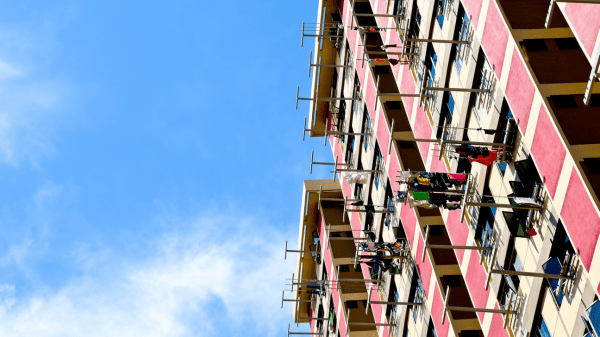-
Advocacy Theme
-
Tags
- Abortion
- Adoption
- Caregiving
- CEDAW
- Disability
- Domestic Violence
- Domestic Workers
- Harassment
- Healthcare
- Housing
- International/Regional Work
- Maintenance
- Media
- Migrant Spouses
- Migrant Workers
- Muslim Law
- National budget
- Parental Leave
- Parenthood
- Polygamy
- Population
- Race and religion
- Sexual Violence
- Sexuality Education
- Single Parents
- Social Support
- Sterilisation
- Women's Charter
Longer shelter stays ease pressure and reduce families’ stress
June 21st, 2022 | Family and Divorce, Letters and op-eds, News

This letter was originally published in The Straits Times on 21 June 2022.
As a long-time social worker, I appreciated the Ministry of Social and Family Development’s letter, “No fixed cap on how long families can stay at shelters” (June 11).
Homeless families and those experiencing violence, as well as their social workers, would welcome the ministry’s assurance that the families’ stays at transitional and crisis shelters can be extended without a fixed cap.
Last year, Social and Family Development Minister Masagos Zulkifli shared that in 2020, a resident stayed in a crisis shelter for an average of four months.
Over the years in my career, I have known families who felt anxious about requesting extensions on their shelter stays, and overwhelmed with the fear of being homeless. Shelters may be inadvertently putting pressure on families by requiring them to apply for extensions to their stay every three or six months. Extensions are also not always granted.
The environment is such that many do feel an intense urgency to follow through on case goals, like securing employment or housing, and intervention plans proposed by the shelters.
However, setting a timeline does not work for everyone. Some families might need to prioritise other issues, like court cases, parenting challenges and applying for financial assistance. This mismatch in priorities can amplify the families’ existing distress.
Mr Masagos also shared that only 5 per cent of crisis shelter residents moved out to public rental housing and 2 per cent to transitional shelters in 2020. Others returned to their own homes or moved in with families and friends.
However, living with family or friends does not promise safety or stability. Some families have to move multiple times, going between their families and friends’ homes due to overcrowding, family tension and abuse.
Between 2018 and 2021, I served as the house mother for Aware’s Support, Housing and Empowerment Project, which provides free, long-term housing for 18 single-mother families.
The guaranteed stay of up to two years empowered our residents, letting them set their own goals, such as improving their well-being and strengthening their relationships with their children. They were able to enrol their children in schools and find work in the vicinity, knowing they would not likely need to move again soon.
By the end of their tenancy, 75 per cent of our families managed to secure public rental flats.
My experience working closely with the families drove home the importance of a guaranteed long-term stay and its positive impact on psychological security.
Staying in a shelter is an inherently stressful experience for any family. I hope that more efforts can be made to ease the stress for those who need to stay at shelters.
Elizabeth Quek
Project Manager
AWARE



